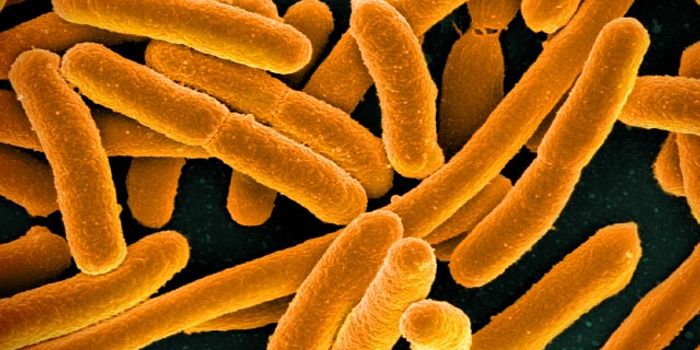Stopping the Spread of Cancer
Cancer is a scourge, and the worst aspect is when it begins to metastasize, or spread, to other parts of the body; 90 percent of cancer deaths result from metastasis. Researchers are understandably quite focused on learning more about the process and how to stop it from happening. New work in Nature Communications has reported that using two existing drugs in combination was able to disrupt the ability of cancer to move. The scientists have shed new light on how metastasis happens, indicating that what is commonly assumed may not be true.
"We found that it was not the overall size of a primary tumor that caused cancer cells to spread, but how tightly those cells are jammed together when they break away from the tumor," explained the lead author Hasini Jayatilaka, a postdoctoral fellow at the Johns Hopkins Physical Sciences-Oncology Center. "At a fundamental level, we found that cell density is very important in triggering metastasis. It's like waiting for a table in a severely overcrowded restaurant and then getting a message that says you need to take your appetite elsewhere."
Denis Wirtz, the Vice Provost for Research at Johns Hopkins University's vice provost and Director of its Physical Sciences-Oncology Center, commented that drug companies have believed that targeting the primary tumor is the best way to prevent metastasis. As such, there are no drugs being developed to inhibit the movement of cancer.
"The pharmaceutical companies view metastasis as a by-product of tumor growth," explained Wirtz. "Our study looked more closely at the steps that actually initiate metastasis. By doing this, we were able to develop a unique therapeutic that directly targets metastasis, not the growth of the primary tumor. This treatment has the potential to inhibit metastasis and thus improve cancer patient outcomes."
Metastasis is driven by two major factors, Wirtz said. One is the ability of cancer cells to rapidly reproduce; secondly they can migrate through the tissue around them, and once they reach the bloodstream they can spread the disease all over the body.
This work benefited from recent efforts to begin studying cells in three-dimensional environments that more closely mimic the conditions of the human body. Through that method, the researchers saw that as cancer cells multiply and create ever-increasing density, the cells start to release specific proteins. Those proteins, Interleukin 6 (IL-6) and Interleukin 8 (IL-8), act to encourage migration. "IL-6 and IL-8 seem to deliver a message to cancer cells, telling them to move away from the densely populated primary tumor," said Jayatilaka.
With an animal model, the research team determined that two drugs - Tocilizumab and Reparaxin – can block the receptors that receive the signal for cancer cells to get a move on. Tocilizumab is already approved to treat rheumatoid arthritis and is now in trials for use in ovarian cancer patients. Reparaxin is currently under evaluation as a breast cancer therapy.
"In our eight-week experiment, when we used these two drugs together, the growth of the primary tumor itself was not stopped, but the spread of the cancer cells was significantly decreased," Jayatilaka explained. "We discovered a new signaling pathway that, when blocked, could potentially curb cancer's ability to metastasize."
Learn more about cancer metastasis from the video above, by the National Cancer Institute.
Sources: Science Daily via Johns Hopkins University, Nature Communications










